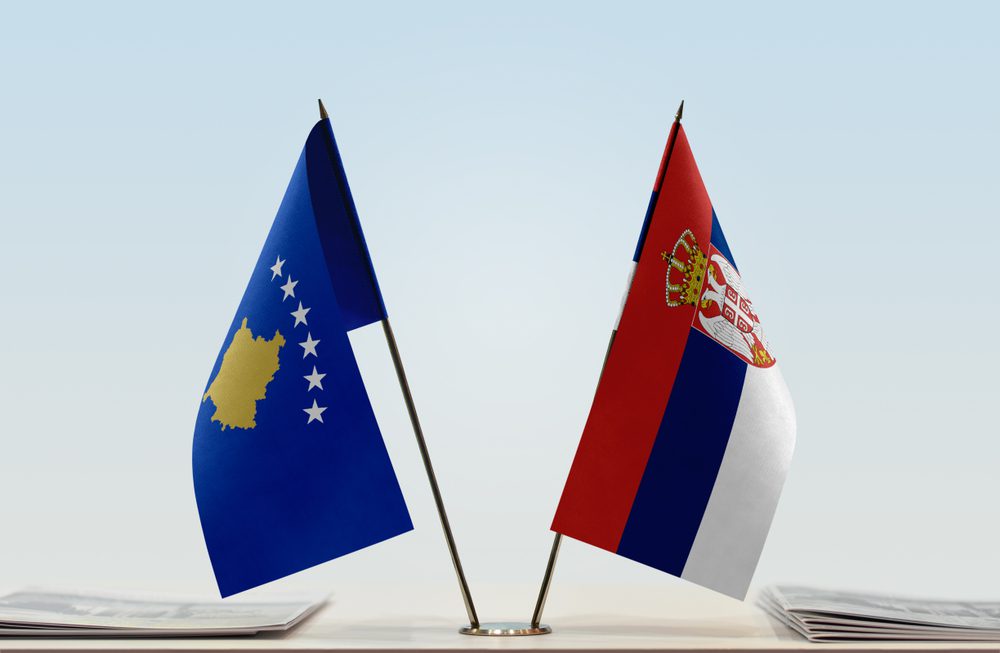
The president of Serbia has endorsed a proposed EU deal that constitutes a de facto Serbian recognition of Kosovo. While neither Serbia nor Kosovo signed the agreement, the endorsement represents a huge breakthrough in the two countries’ deadlocked relations.
President Vučić of Serbia and Prime Minister Kurti of Kosovo met with the EU High Representative Josep Borrell to review the EU proposals to normalise relations between the two countries on Monday, February 27th. Both countries seek to join the EU, but the bloc has requested they bury the hatchet before they can accede.
The majority-Albanian Kosovo unilaterally declared independence in 2008. However, Serbia regards the country as a rogue breakaway province. Serbia’s refusal to recognise Kosovo encouraged other countries to do likewise and has impeded Kosovo from entering many international organisations.
For the past two months, tensions on the ground between the countries have increased, largely over mutual refusals to recognise the authority of each other’s legal documentation, and the status of the ethnic Serbian minority in Kosovo. The latest crisis, which saw Kosovar Serbians blockade border crossings and the Serbian army placed on full alert, was only deescalated in January. This was in response to the Kosovo government’s plans to make local Serbs scrap their Serbian licence plates.
However, it appears the desire of both countries for EU membership may be greater than their mutual animosity. Speaking yesterday, Borrell said it was “very positive” that both leaders agreed that “no further discussions are needed for the European Union proposal.”
The deal seeks to iron out the causes of the last crisis, as both countries are now to “mutually recognise their respective documents and national symbols, including passports, diplomas, licence plates, and customs stamps.”
The deal also revolves around strong quid-pro-quo between the countries. While it stops short of making Serbia formally recognise Kosovo, it stipulates that “Serbia will not object to Kosovo’s membership in any international organisation.” In return, Kosovo is to “ensure an appropriate level of self-management for the Serbian community in Kosovo and ability … including the possibility for financial support by Serbia.” Kosovo is also “to formalise the status of the Serbian Orthodox Church in Kosovo and afford strong level[s] of protection to the Serbian religious and cultural heritage sites.”
While both parties have not agreed on how the deal is to be implemented, Borrell is confident that Serbia, Kosovo, and the EU will make it work. “I am sure … before the next European Council—by the middle of March, end of March—we could finalise completely the work [begun here].”
